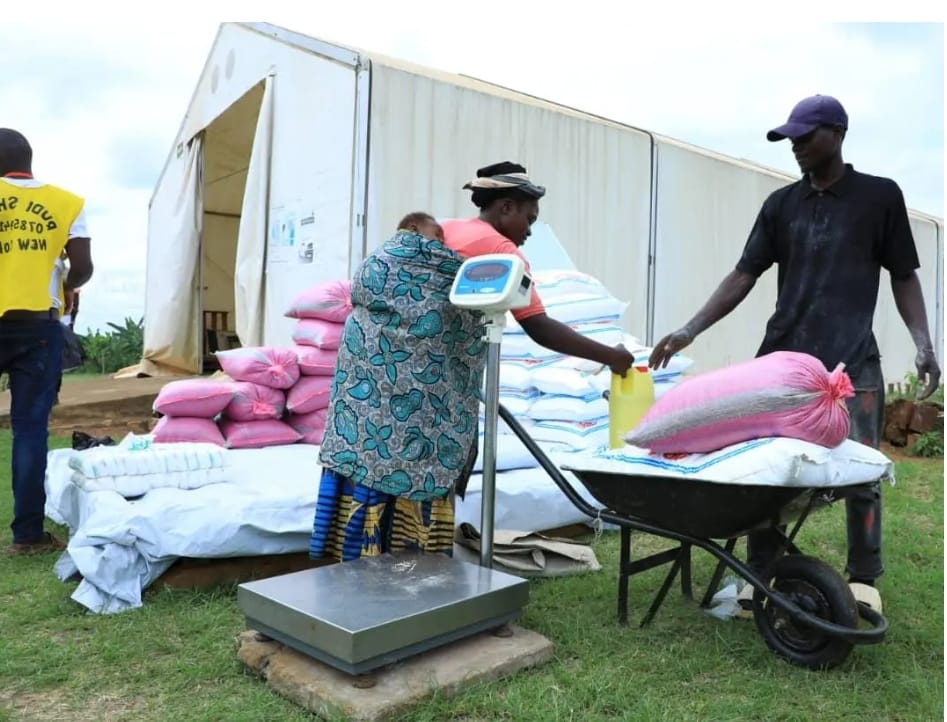Uganda is set to shoulder the full financial burden of feeding its 1.7 million refugees within the next three months following a decision by foreign donors to end their support.
The revelation was made by Kasule Lumumba, Minister of General Duties in the Office of the Prime Minister (OPM), while appearing before Parliament’s Presidential Affairs Committee to present the ministry’s 2025/26 policy statement.
"We are writing a paper to take to Cabinet to look at the issue of food for the refugees," Lumumba told MPs.
"The donors have written to us, informing us that they can only provide food for the next three months. After that, we must find a solution. When you talk of 1.7 million people, feeding them is not something we can postpone. We must have a discussion at Cabinet and then come to Parliament to address this matter."
Uganda hosts over 1.7 million refugees and asylum seekers, making it the largest refugee-hosting country in Africa and the sixth largest in the world.
The majority of refugees come from South Sudan (55%) and DR Congo (31%). The current figures do not account for the recent influx of Congolese refugees fleeing M23 incursions into eastern DR Congo since January.
With the looming funding cut, the government will have to devise urgent strategies to sustain food assistance for the refugee population.
Uganda has long been praised for its open-door refugee policy, allowing those fleeing conflict to live and work freely.
Foreign missions such as China and Japan have frequently contributed food aid to support refugees in Uganda, often channeling their donations through the World Food Programme (WFP).
These contributions have helped mitigate food shortages, especially during funding gaps from traditional donors.
China, for instance, has provided rice and other staple foods, while Japan has donated relief supplies, including fortified cereals and nutrition support for vulnerable groups such as children and pregnant women.
Such assistance has played a crucial role in sustaining Uganda’s refugee response, complementing efforts by humanitarian agencies and easing pressure on the government’s resources.
However, with major donors now pulling out, the reliance on these intermittent donations may not be sufficient to bridge the looming food crisis.


